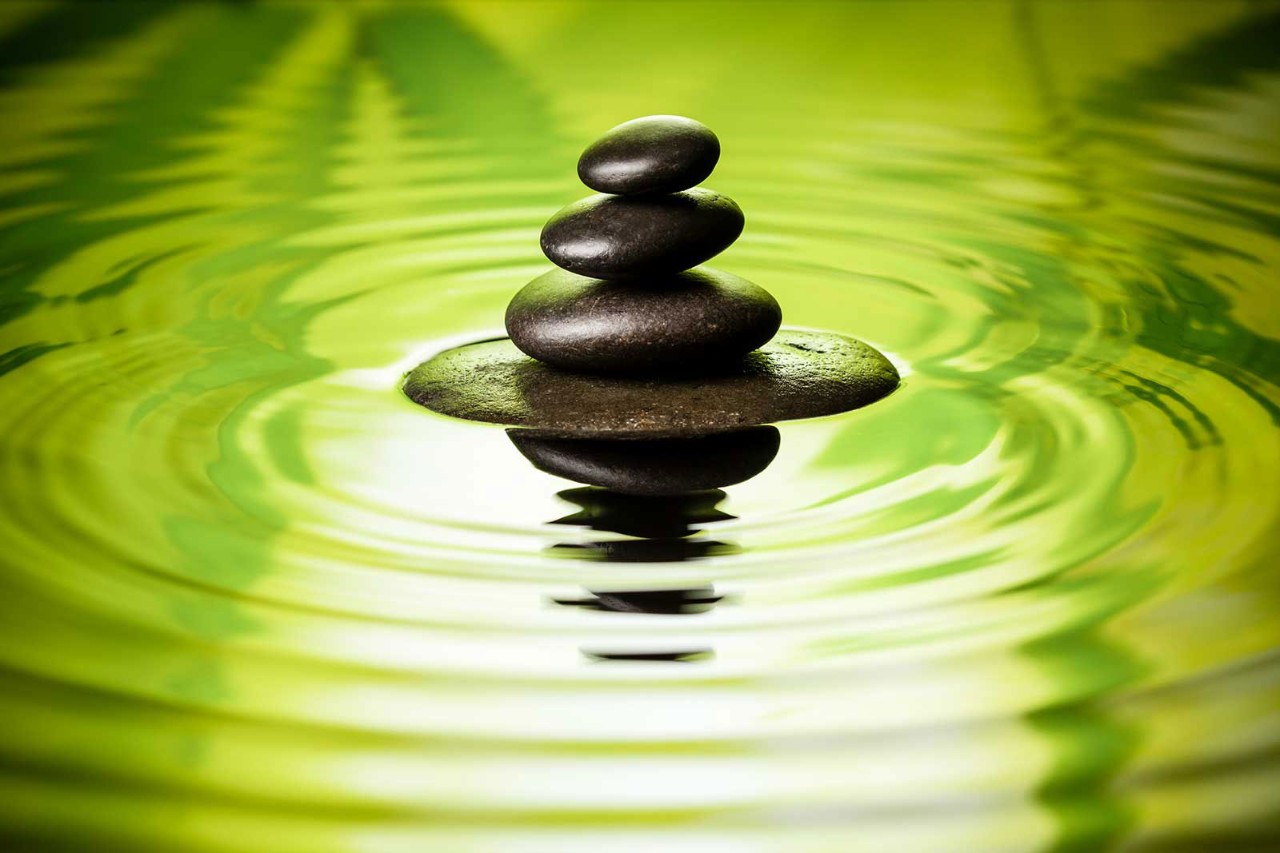
‘Re-entry stress’ sounds like a typical day for an engineer at SpaceX. Yet psychologists use the term to articulate the collective anxiety better known as post-holiday blues.
‘Re-entry stress is a real psychological response to mourning the end of festivities and shifting back to routine and responsibilities,’ says Sarah Rozenthuler, associate fellow of the British Psychological Society and founder of leadership consultancy Bridgework. Triggered by three primary factors – unmet holiday expectations, anxiety about the awaiting workload and the loss of self-care habits enjoyed over the break – the mindset can, says Rozenthuler, be strategically tamed.
‘In labelling how you’re feeling, you reduce the intensity of that emotion’
‘Small, intentional steps will transform re-entry to feel less like a shock and more like a gradual reset that builds on the positive aspects of a holiday,’ she says. Here’s how.
Name your feelings
Dread, sadness, frustration, unpreparedness… ‘In labelling how you’re feeling about returning to work, you reduce the intensity of that emotion,’ says Rozenthuler. UCLA psychology professor Matthew Lieberman used neuroimaging studies to identify how verbalising unpleasant emotions – termed ‘affect labelling’ or ‘name it to tame it’ – pushed a neurological brake pedal on their intensity. Activity decreased in the stress-detecting amygdala and then increased in the right ventrolateral prefrontal cortex – the region involved in processing and reappraising emotions, as well as planning.
Stay present
The biggest barrier to holiday disconnection is ‘filling your mind with what’s coming rather than what’s happening now’, says Christine Schneider, a clinical psychologist and psychotherapist at Cambridge Therapy Centre in the UK. If you catch your mind churning over work, engage in a physical activity or a creative pursuit to redirect anxious energy.
‘Resolutions often focus on future actions without considering past behaviours’
Alternatively, try the ‘5-4-3-2-1′ technique. Identify five things you can see, four you can touch, three you can hear, two you can smell and one you can taste. By bringing a spiralling brain back into the here-and-now, ‘Those final moments of a break feel restful and satisfying, rather than pre-emptively gearing up for work,’ Schneider says.
Swap resolutions
According to the Pew Research Center, this year 13% of Americans had abandoned their New Year’s resolutions before the end of January. ‘Resolutions often focus on future actions without considering past behaviours, leading to unrealistic goals,’ explains leadership coach Beth Benatti Kennedy, co-author of Rethink Resilience: 99 Ways to Recharge your Career and Life. ‘Instead, perform a personal SWOT analysis – strengths, weaknesses, opportunities, threats – to reflect on what went well and what didn’t in 2024, how you could leverage these positives and what you’d like to do differently in 2025.’
Plan your re-entry
‘Not having a plan for the first week back can be a missed opportunity – both to ease the transition and to set a positive tone for the year,’ says Rozenthuler, who advises reconnecting with team members early in the week with ‘a quick, informal catch-up to realign on ongoing projects, understand any changes that occurred during your absence and to foster a collaborative atmosphere as you dive back in’.
‘A well-prepared decision made mid-week is often better than a rushed email on day one’
High-stakes meetings and decisions, however, should ideally wait. ‘Give yourself a few days to regain full mental clarity and reacquaint yourself with recent developments,’ Rozenthuler continues. ‘A well-prepared decision made mid-week or later is often better than a rushed call or email on day one.’
Learn from the highs
Instead of putting work time and free time into unrelated camps, useful workplace insight can be gleaned from acknowledging what allowed you to thrive during the festive break.
‘We often see work in a vacuum,’ says Ruth Kudzi, a psychologist and coach. ‘However, holidays offer a unique insight into what you need on a personal, social or physical level. What energised or drained you? How can you build more or less of these into your working life?’
‘Consider what holiday habits you can embed to support personal growth’
For example, a vacation day with many people, small talk and no alone time draws parallels with a work day with back-to-back meetings and no time for focus. If the holiday remedy was to spend time outdoors or to exercise, incorporate micro-versions into your working day: take a short break every hour, eat lunch away from your desk and schedule deep work. ‘Consider what holiday habits you can embed to support personal growth,’ Kudzi summarises.
Workspace refresh
If you’re lacking energy, override the urge to bang your head on the desk and instead declutter it, says Schneider. ‘Psychologically, a cluttered environment increases anxiety as it unconsciously signals potential threats; think about how an overgrown jungle hides dangers from view. By contrast, a well-ordered space reduces stress and boosts focus.’
There’s also psychological substance behind why a new pen or diary feels so motivating. ‘A new item can activate the “fresh-start effect” – a phenomenon whereby small new elements make you feel like you’re beginning with a clean slate,’ Schneider says. ‘This reinforces a readiness for new goals and positive change.’
Factor in stress recovery
New-year work goals tend to focus on, well, work. But with stress and anxiety leading causes of long-term absence, a strategy for work limits is invaluable.
‘Right-to-disconnect’ legislation – recently introduced in the UK – goes some way to enforcing boundaries on non-working hours, but experts encourage stress-management tactics for working hours, too – similar to how athletes place recovery and training on an even keel.
Benatti Kennedy swears by two methods. Firstly, take 15 minutes a day for yourself and put it in your calendar. ‘Set a timer to ensure you take the whole 15 minutes, and use it to walk outside, detach from devices or stretch,’ she says.
Secondly, try the good-old ABC task-division list: A for urgent tasks, B for those that can be done later and C for low-priority items. ‘I learn the latest time-management systems but always go back to this simple system that works,’ she says. And the evidence is clear from a 2023 meta-analysis into the consequences of employee time-management behaviours, which found increased job satisfaction and performance, and lower levels of stress and burnout. Happy new year, indeed.
More information
Visit ACCA’s wellbeing hub for advice and resources to support your health at work.


